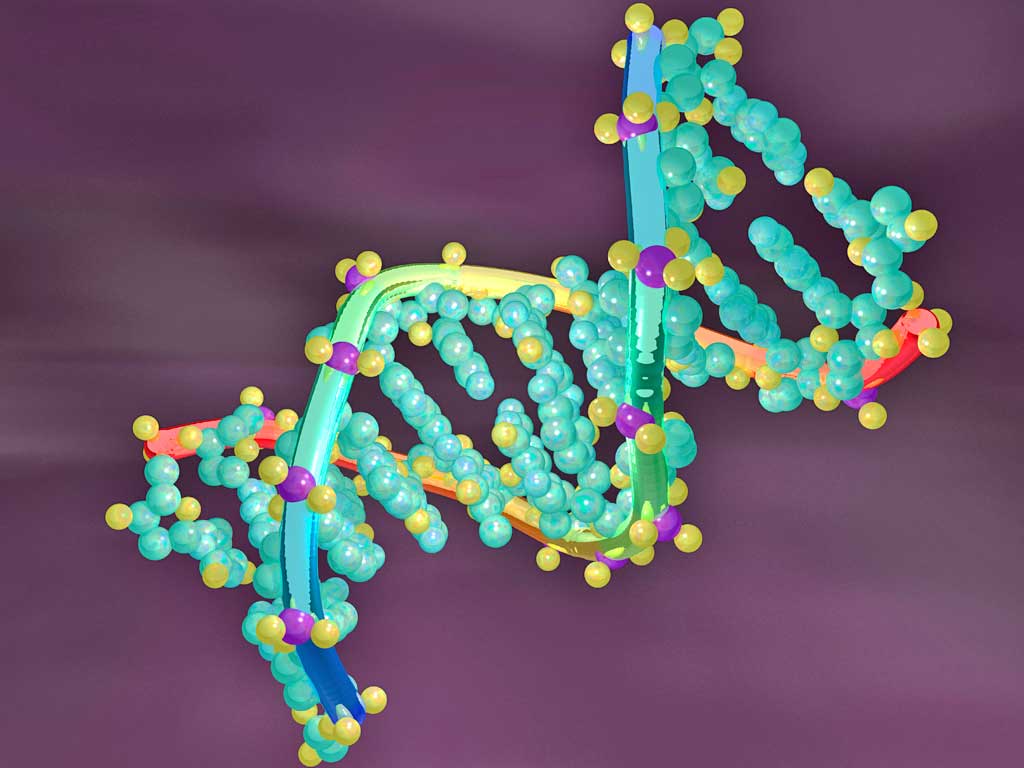Details of innocent people are still being held on DNA database
Government pledge to protect civil liberties is not being honoured, campaigners warn

The Government is failing to delete innocent people from Britain's vast DNA database, according to figures released today which shows that nearly 70,000 under-16s have now had their genetic fingerprints recorded.
A report compiled by civil liberties campaigners concludes that the current system for retaining DNA remains "uncertain and illiberal", despite assurances from the Government that the profiles of people found to be innocent would be deleted.
The research reveals that the number of people held on the UK's DNA database – the world's largest – has now hit more than 5.5 million, with 900,000 extra profiles added between January 2009 and November 2011 alone.
Through a series of Freedom of Information requests, researchers at Big Brother Watch asked Britain's police forces to detail how many DNA profiles they had collected and whether any had been deleted because a person was subsequently not charged.
Their replies showed a huge variance between the forces. Only three – North Wales, Staffordshire and Mercia Police – were able to distinguish between the DNA profiles of those convicted and those either not charged or acquitted at trial. Forces that did not supply such information either didn't have it, or refused to give it for cost reasons, suggesting such information was not readily available.
Figures for how many DNA profiles have been deleted also showed wide differences among the forces. Bedfordshire Constabulary has shown the greatest commitment to ensuring that innocent people are expunged from their database. Of the 11,858 samples they have taken between 2009 and 2011, 2,352 have been deleted. By contrast, Avon and Somerset Police had only deleted 41 of the 38,884 samples taken over the same period.
Until recently, police forces were allowed indefinitely to retain the DNA profiles of anyone they arrested, regardless of whether they were later charged. Under Labour, this system led to the creation of a vast database, prompting promises from both the Conservatives and Liberal Democrats to reform the system.
When the Coalition came to power, it pledged a switch to the Scottish model, which places much tougher restrictions on how long profiles can be held by police and gives power to the courts to arbitrate on key decisions.
But campaigners say the resulting legislation – which came in earlier this year under the Protection of Freedoms Act – is a "watered down" version of the Scottish model which allows the police to retain too much power.
In a statement last night, the Home Office denied that it was reneging on its promise to protect innocent people and said deletions would begin next month.
"Our focus is on keeping the DNA profiles of the guilty, not the innocent," a spokeswoman said. "DNA profiles of people not charged with an offence will no longer be retained. Those charged with a serious sexual or violent offence will be retained for three years and in special cases can be extended by two years with the approval of a magistrates' court."
Hits and misses: the database in action
April 1995
The world's first national DNA database comes into operation and is hailed by the Home Secretary Michael Howard as the biggest breakthrough in the fight against crime since fingerprints.
July 1999
Labour announces plans for police to keep thousands of DNA samples given by innocent people to compare with potential matches found at scenes of crime.
January 2001
Police allowed to retain DNA from suspected criminals indefinitely whether they are charged or not.
November 2005
Figures show black men are four times more likely to be on the DNA database, causing a row over racial profiling.
Summer 2006
Two prominent cases in the space of a few months highlight how DNA database can crack cases.
Steve Wright, who killed five prostitutes in the Ipswich area, is arrested after a match appeared on the DNA database for a 2003 theft conviction. Mark Dixie is arrested nine months after the murder of Sally Anne Bowman, when his DNA is taken after a pub fight.
December 2008
European Court of Human Rights rules that indefinite detention of innocent people's DNA is a breach of their right to privacy.
May 2010
The Coalition government pledges to adopt the "Scottish model" which only allows the police to retain DNA samples from uncharged people arrested for violent or sex crimes.
March 2012
A teenager spends three months behind bars on an accusation of rape after a DNA database blunder fingers him wrongly for the crime.
5.5 million
Number of people whose data is now held on the database
Subscribe to Independent Premium to bookmark this article
Want to bookmark your favourite articles and stories to read or reference later? Start your Independent Premium subscription today.
